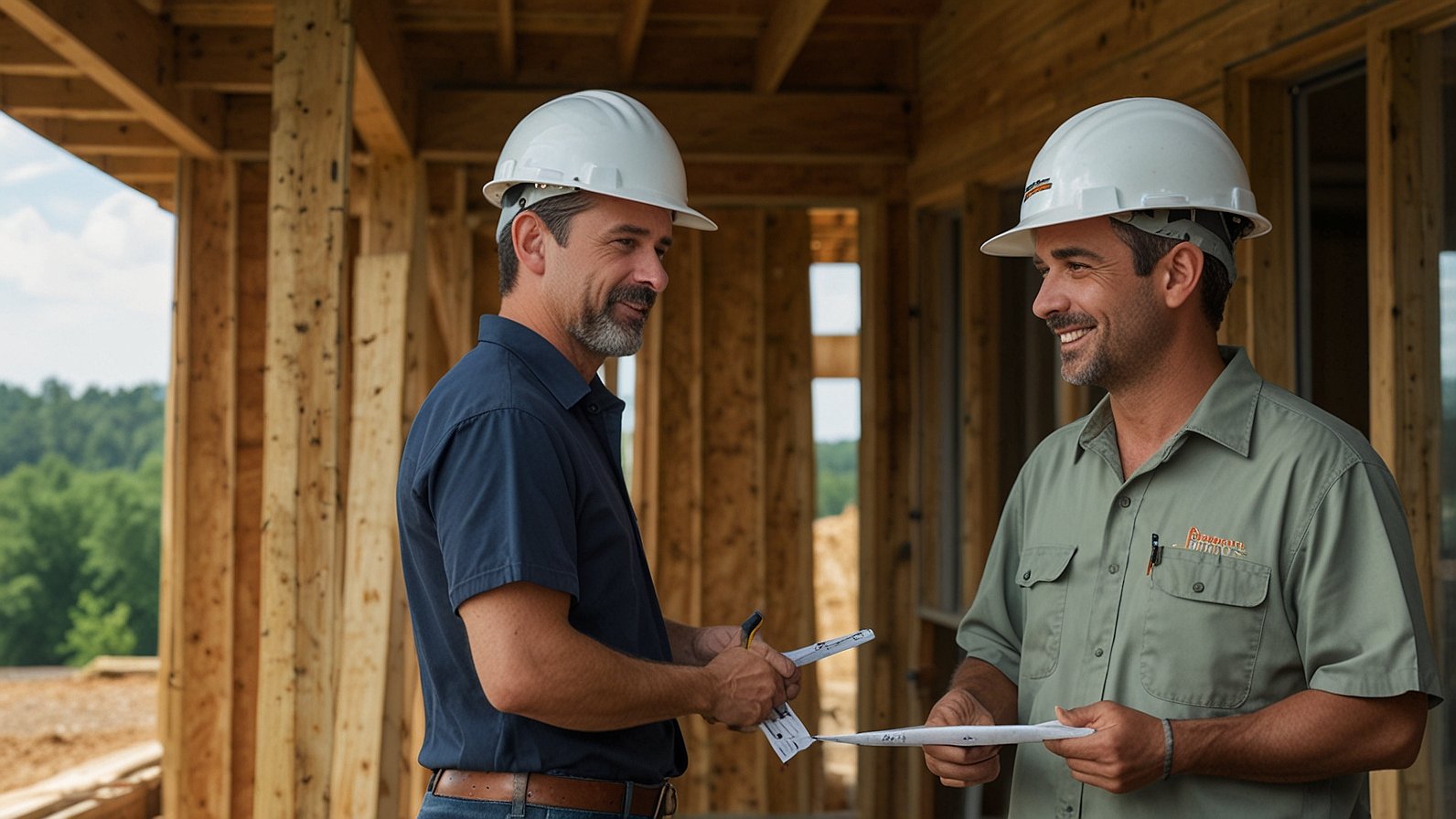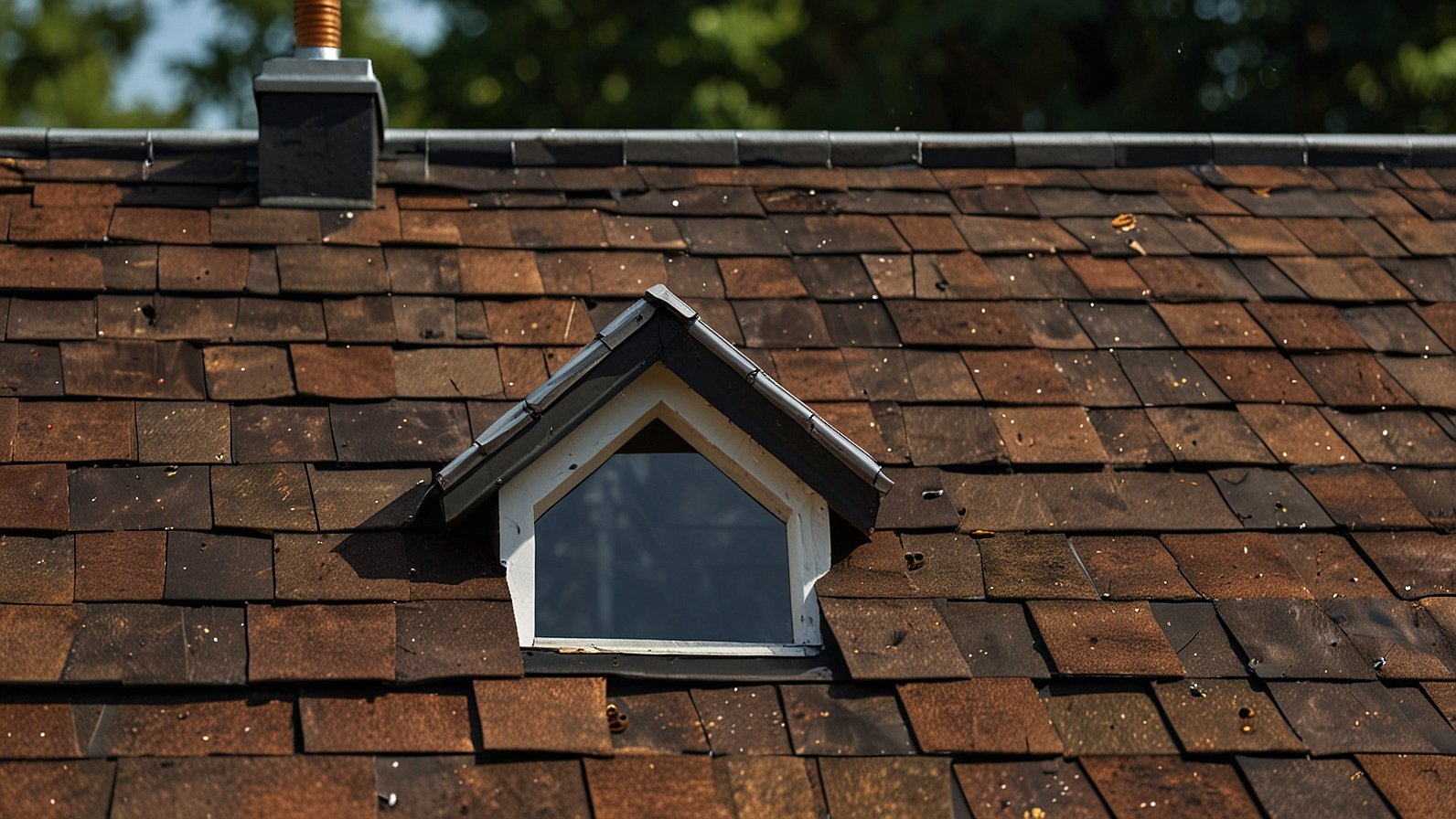Temperature control and air quality are crucial for creating a safe and comfortable baby environment. Infants are especially sensitive to heat, humidity, and allergens, making it essential for families to use their air conditioning systems effectively. Following the tips below, you can ensure your baby stays cool, healthy, and happy, even on the hottest summer days.
The Importance of Temperature Regulation
Babies are more vulnerable to extreme heat because they cannot regulate their body temperature as efficiently as adults. Prolonged exposure to high temperatures can lead to dehydration, heat rash, or heat exhaustion. Keeping your home between 68 to 72 degrees Fahrenheit provides an optimal environment for your little one.
If you live in an area prone to intense sunlight or heat waves, like air conditioning in Tempe, ensure your unit can maintain stable temperatures all day. A reliable AC system can act as your partner in protecting your baby from the effects of excessive heat.
Tips to Maintain the Right Temperature
- Install a Programmable Thermostat
A programmable thermostat lets you set specific temperature schedules. This feature helps maintain consistent cooling, especially during naptime and bedtime, while conserving energy when cooling isn’t needed. - Use Fans to Enhance Airflow
Ceiling fans or portable fans can help circulate cool air more effectively. Make sure they are placed in baby-safe areas and set to operate in counter-clockwise mode to push cool air downward. - Block Sunlight With Curtains or Shades
Solar heat can make indoor temperatures rise quickly. Use blackout shades or thermal curtains to reduce sunlight exposure during the hottest parts of the day. - Keep Doors Closed
Seal off unused rooms to prevent cold air from escaping and limit the overall area your air conditioner needs to cool.
Keeping Allergens at Bay
Airborne allergens like dust, pollen, and mold are common triggers for respiratory issues, especially in babies. Regular maintenance is crucial since your air conditioning system plays a big role in how clean the indoor air is.
How to Improve Your Air Quality
- Replace Air Filters Frequently
Filters can quickly become clogged with dirt, dust, and allergens, reducing air quality. During high-usage periods, replace or clean them at least once a month. - Consider an Air Purifier
Pairing your AC with an air purifier can reduce allergens even further. Purifiers with HEPA filters are particularly effective in trapping pollen and fine dust. - Clean Vents and Ducts
Over time, dust can accumulate in air vents and ducts, creating a breeding ground for allergens. Schedule professional cleaning regularly to prevent this buildup. - Prevent Mold Growth
High humidity inside your home can cause mold to develop. Use a dehumidifier if needed to keep the humidity level below 50 percent. Your air conditioner may also have built-in settings to control humidity effectively.
Safe Air Conditioning Practices for Babies
While air conditioning brings comfort, it’s essential to use it in a way that ensures your baby’s health and safety.
Best Practices for Baby-Friendly Cooling
- Avoid Direct Airflow
Position your baby’s crib or play area away from direct airflow to prevent them from getting too cold. If necessary, redirect vent openings upward to diffuse the air throughout the room. - Dress Your Baby Comfortably
Choose lightweight, breathable clothing for your baby, and consider using a thin blanket if the room feels slightly cool. Check their hands and feet for any signs of discomfort. - Keep the Room Ventilated
Lack of ventilation can lead to stale air. Occasionally, turn off the AC and open a window for fresh air when outdoor conditions allow. - Monitor Indoor Air Quality
Use a digital thermometer and hygrometer to keep track of the room’s temperature and humidity. Taking these steps ensures a safe and comfortable environment for your little one.
Energy Efficiency and Family Comfort
Running an air conditioner can be an added expense, so improving energy efficiency should be a priority for families.
Tips for Lowering Energy Costs
- Upgrade to a Smart AC System
Smart systems adapt cooling patterns to your family’s routine, ensuring comfort without wasting energy. - Schedule Regular Maintenance
A well-maintained air conditioner operates more efficiently. Call for professional check-ups before the summer season begins. - Seal Air Leaks
Inspect your home for gaps in windows or doors that may allow warm air. Caulk or weatherstrip these areas to maintain cooling efficiency.
Conclusion
Using air conditioning wisely and controlling allergens can create a soothing oasis for your baby, even during the most sweltering days. Pay attention to maintenance, room temperature, and air quality to support your child’s comfort and well-being. Implementing these tips will help you and your baby stay cool, calm, and collected all year.










